There are no products in your shopping cart.
18 Year Cycles. 25 Years as OT. Ending 2021 and On to 2022
I am composing this, initially, on Christmas Eve (2021). 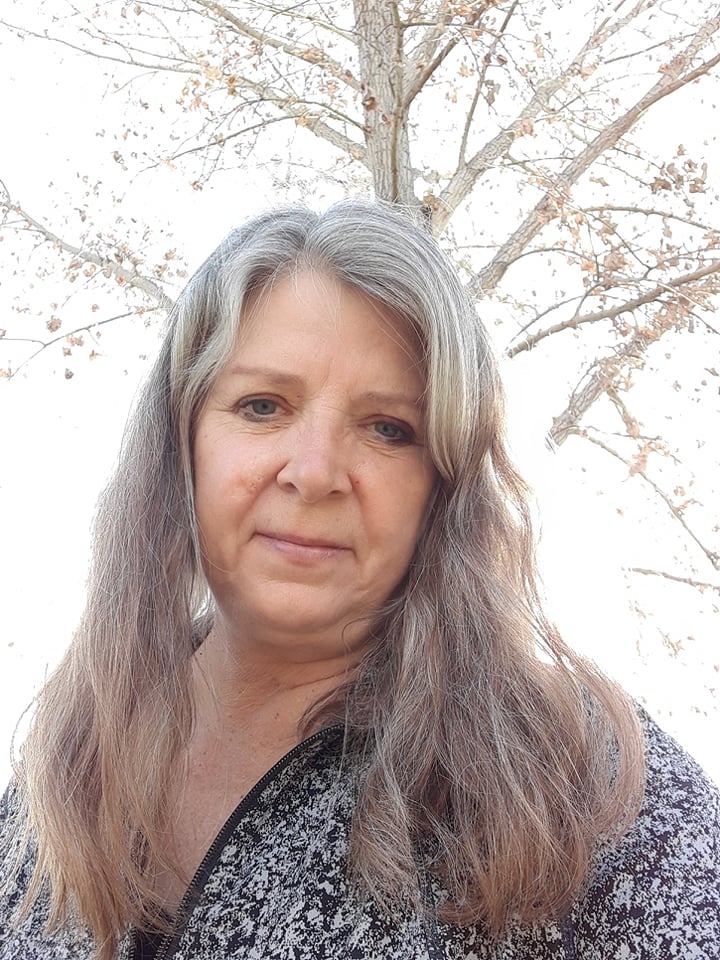
I'm reflective at this time of year, always, but moreso this than ever before. The winter solstice has long been a time when I want to have solitude in the evenings at the very least. New Years Eve as well, increasingly, since I was underway in my 30s, working to become an OT.
I'd complete my final internships 25 years ago this week, at the Denver Veterans Administration (VA), in both psychiatric and physical rehabilitation. I'd begin my first job as an OT (OTS until passing the NBCOT exam in the spring to become an OTR) after lunch, having met with the VA OTR fieldwork supervisor at lunch. No rest for the in demand. That was Friday the 20th of December, 1996.
On Saturday, I'd host a party at my place, which was a rented condominium walking distance from the massive VA / Colorado University Medical Center campus, which has now been moved far to the east, utilizing some of the old Denver Stapleton Airport land. Along the way, circa 2000, I'd be working sometimes out on that land as the initial, formative, director of rehabilitative driving for an innovative, private, driving school. I'd have NO IDEA how my OT career would go, but it did start the way I'd envisioned and planned -- with the elderly in subacute rehabilitation in a nursing home / skilled nursing facility.
I'd have worked my way up as an employee of Colorado State University, from student hourly typist to full time "state classified" word processing technician II to senior secretary, and applied for the highest position you could have without a college degree, only to be turned down because the secretary I supervised didn't open the mail nor input the data into my spreadsheets.
I needed to see what was in the mail, so why not I open it (as I was the supervisor), and I needed the numbers to be right in my spreadsheet -- so why not I input them. My boss was going to go to bat for me on it, but I knew that I needed to leave the working world and complete the bachelor's degree I started over 14 years before.
The day of graduation in May of 1996, it was 18 years after I'd graduated high school and was on my way to Fort Collins and Colorado State University without a clue what I "was going to be when I grew up."
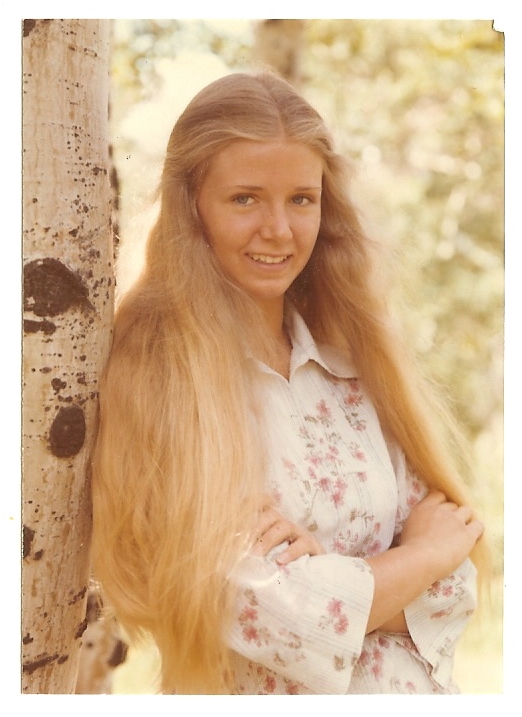 High School Senior Picture, 1977, age 17.
High School Senior Picture, 1977, age 17.
18 years ago this week, I was preparing to move to the far west side of Colorado, where there's a warmer, agricultural valley that became a home for much to do about uranium and petroleum / energy resources in the 1900s. With it came the medical industry and that includes medical research.
It's the hub with a regional medical center that CU Med Center is part of, between Denver and Salt Lake City, Utah. I'd be recruited to help in what I'd originally worked in, a mid-century 100 bed skilled nursing facility. It would be my last nursing home. When I tell even seasoned professionals what occurred there, in just 11 months, they're shocked. But, good came to the facility as a result of the way things were handled with me. Which lead me to say "never again".
By 2005 I'd done the legal work to have an LLC and provide occupational therapy services to a large mainstream medical outpatient building, which had at the time over 40,000 people utilizing it's services. I'd not get any referrals from the dozens of doctors in primary care. but would get many really great ones from the PhD psychologist who specialized in brains and neurological ... and pain.
I'd get a PRN job that paid my bills at home by working for the local insurance company's home health division, which was dissolved recently. Every different venue provided new experiences and learning along the way, but I'd not realize my time being paid to be an OTR was coming to an end.
I'd leave after three years in the building, to start Lumigrate within what had been forseen and talked about in it's formative months as an innovative, helpful clinic for those with complex chronic pain, fatigue, and health issues. The best laid plans went awry in more ways that I could have ever imagined.
I'd retreat to my rented home, office equipment and furniture and supplies coming out my ears, proverbially, and start selling things to pay the bills as needed. I'd receive what my father had told me was going to be a small amount to help with my screwed up retirement and health, which he acknowledged he felt some responsibility for as I had such similar health issues to his. He even paid for heavy metals testing when I turned 45, in part, because he was afraid to do it himself but he was cuious what would be found.
That was the same year as my OT contract business was formed. I fought hard to chelate heavy metals, get a goofed up uterus out of my body, do many things for my cervical and spinal cord compression issues, neuro-endocrine system issues, and so on.
My improvements were stellar, but costly in time, energy and money, and I in part created Lumigrate to bring information to people in a way that would save them, while providing me with a way to work longer term (into what would be considered the retirement years.) (Photo from 2005. I just stopped in and purchased my meal for home at this place)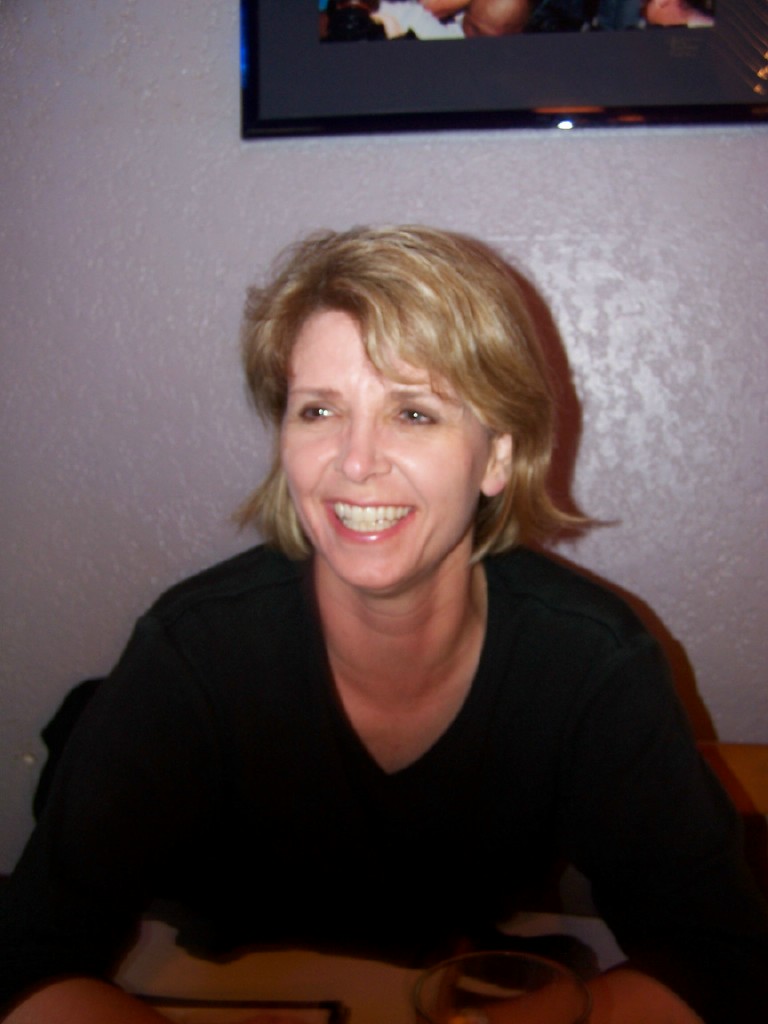
On Christmas Eve 2014, my most important things were moved from my rented home, which I'd be completelyl checked out of on the 27th by the landlord. I'd be getting rid of as much as possible, and becoming what would be called "Mardy PopIns", which was based on a lot of things, but mostly came from some profound esoteric experiences between the years 2006 and that spring. Really, to reflect on it, I can see how it goes back to 18 years ago, when I was packing to move west. We literally boxed my whole apartment in Colorado Springs on Boxing Day, the 26th of December, 2003. And what lead to my being asked to take short-term work in Grand Junction, before that -- cosmic-like "pushing" me against my will, to go, do, otherwise.
I'd be back to rent the neighboring duplex last year, and on Christmas Eve day have my first phone call since getting Covid in the early to middle part of the month. On the 7th I'd gotten Tres, a 12 year old yellow labrador retriever with complex chronic pain which I'd learn stemmed from untreated, bilateral elbow dysplasia (left moreso than right). He'd be prescribed three medications over this past year, one of which I took for a long time in those years before I had my "great reversal of symptoms" in my mid-adulthood. He has taught me as much as O'Rio Grande did, who I similarly saw from age 12 through end of life (at 15). 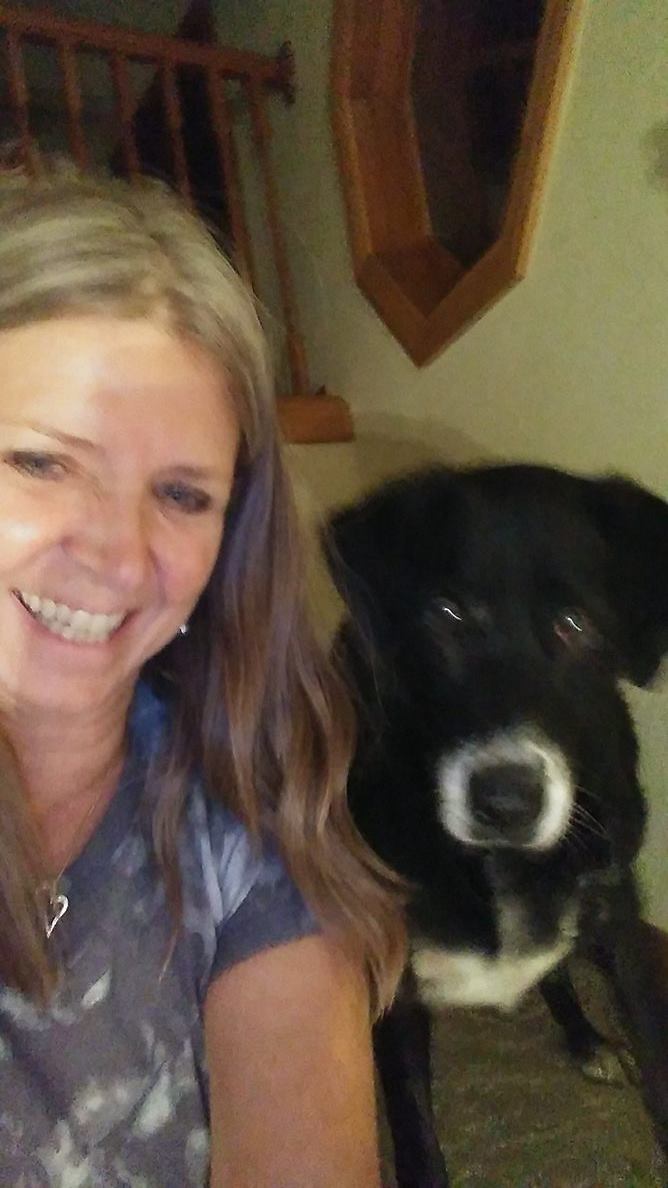 Mardy and O'Rio, fall equinox, 2017, when I had just become his official human guardian. He was 12.
Mardy and O'Rio, fall equinox, 2017, when I had just become his official human guardian. He was 12.
Tres, after 1 year together, estimated to be 13 now. He bravely walked near the tree to get closer, never quite comfortable in his own skin, or home, or anyone else's. His days are numbered; we celebrate each one. 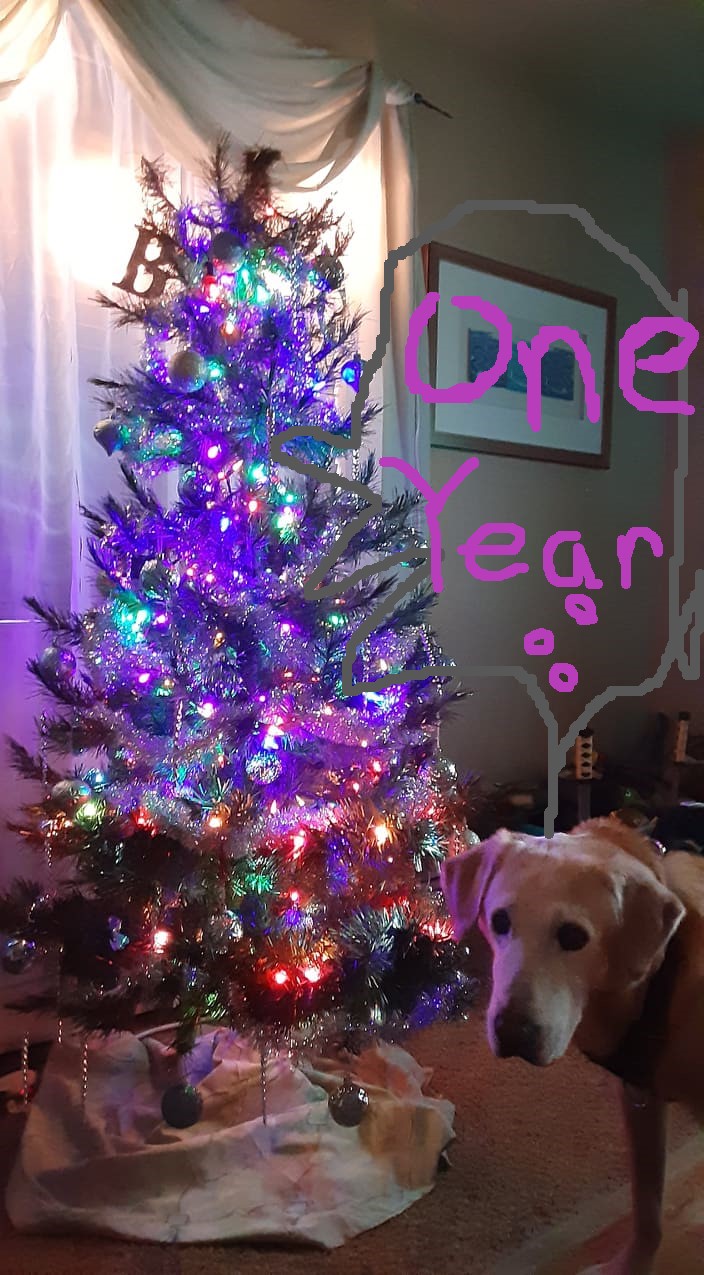
Somehow I've drifted into palliative care / hospice / respite as my "bread and butter" of work. Day in and day out, you might say. With people, and pets. This year I have three clients I help who have had their matriarchs die in the last year. And one whose patriarch passed, after he brought me back to the VA as I assisted in transport and accompanyment / navigation of appointments starting in December 2019.
We went through the quarantine together, he my only client during lockdown, in order to keep things as safe as possible. He never caught Covid, he died from simply wearing out at 90. I'd attend, instead of his beloved daughter, who was busy in her career and home in the mountains, to lay the wreath on his grave at the military cemetary last week, something new for me. He was concerned about who his neighbors would be, so I did theirs as well, once it was time. She contributed to the wreaths, I contributed the time to place.
It was inspirational, and cathartic.
I clearly recall my first day of my first OT class in 1994, having worked for eight years for a program and man who had become infamous in the years I worked there -- a leader in his field -- wondering what my career would peak with. What my claim to fame would be. I couldn't imagine getting a PhD and going into higher education or research.
I didn't yet appreciate, but soon would, what my mother had accomplished as a teacher with a bachelors of arts degree, in our community, by having learned sensory integration dysfunction and therapy. And fighting to use it in public school once the new curriculum did not include it. Quitting before she was asked to leave. I'm an apple not far from that tree, for better or worse.
As I was contemplating what to write in this solstice / Christmas week blog post, but without the time to do so until today, I would come to Lumigrate and look at the numbers of people utilizing the forums. Yesterday it was between 50 and 125, give or take a few, all day. I'm pleased to know what I worked so hard on, and invested everything into for a while, is serving humanity on the Internet. I'm also pleased that I can serve in person, those I do. And Tres. (And vice versa.)
I hope if you've read this, you've found it of interest, and I do plan to regenerate content creation in the forums in 2022. So please keep checking back here in blogs, I'll be leading the way to new forum content from blogs. I wish you, if you're reading this presently, happy holidays 2021, and on to a great new year.
GrateFully, Mardy ----- and ---- Tres C. Bass (earned the last name with his shockingly big bark!
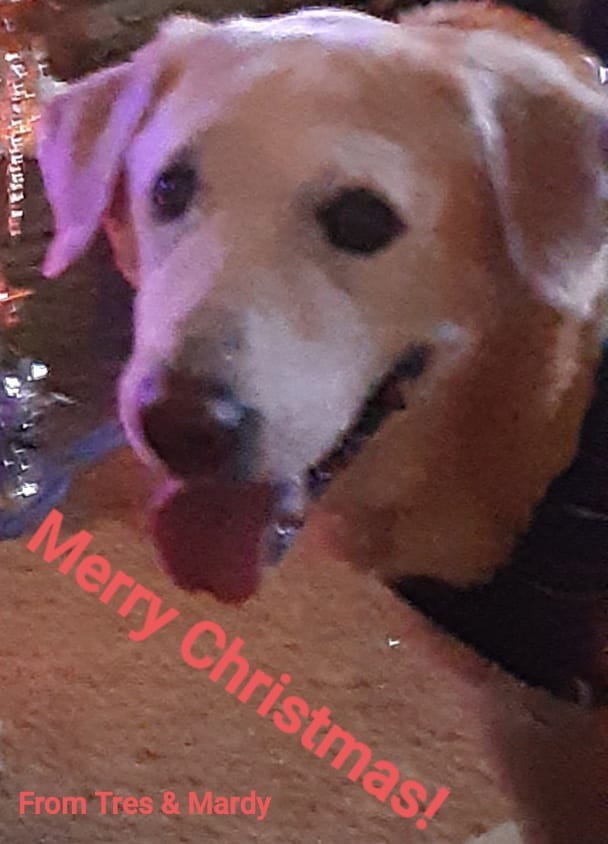
I've admittedly delayed in providing a new blog entry for five weeks into 2022 -- I have my reasons.
I also have my reasons for doing one today, February 7 -- it would be my mother's 97th birthday.
It also has to do with what I found out on Christmas Eve, six weeks ago, with Facebook being the platform connecting me to information that piqued my interest.
My mother was not an ideal person to have as a parent, in many ways, and in other ways, she was exceptional. My father was an exceptional person, utilized by the military for it in the post World War II years until the mid 1950s in programs taking him from the psychology department at UCLA to Albuquerque and England. He walked in to buy a gift at the bookstore my mother worked at near the University of New Mexico campus as she was on the step ladder stocking shelves. They were opposites who attracted, in many ways, yet had enough overlaps they married, and stayed married, for 36 years.
They hastily married, due to his work with the USAF taking him to England, where she was allowed to join him after the winter weather had subsided. Wives didn't like the winters, he would tell me. She used the time to travel to where he had been adopted, and get more information than usual from the administrator / nun, perhaps by pleading the case of his abnormalities and wanting to know about his biological mother, father, and genetics.
Convinced it was not incest, as he had suspected might be the case, they proceeded to have a baby together, and with no family present in England, and a challenging baby at that, it greased the wheel for him to leave his beloved Air Force job, them to both learn how to breed and show golden retrievers and bring three plus a car and many lovely antiques she purchased back across the ocean and all the way to a little former farm outside Denver in the mountains near Aspen Park and Conifer, Colorado.
That's when their problems began, looking back on it.
The dog business never made a profit, it broke even. Dysplasia in more puppies than normal, despite their efforts to find others of the breed to diversify the genetics. One puppy had a cleft palate, she'd become my first dog that was was "mine", after they paid the veterinarian in Evergreen to repair it. Pootsie, we called her, though I'd started with Needles due to the sharpness of her teeth! Soon she went missing, and years later my father would say he'd seen a pack of coyotes up the hill when he was walking with the dogs and puppies, around that time. However, my mother ran an ad in the local mountain area paper, The Canyon Courier, anyway.
I'd go to a dog show with her after that and see a little yellow labrador retriever and liked the smallness of it, as I was only four and probably weighed 40 pounds. In 3rd grade I was having to eat everything I could get my hands on to try and get over 59 pounds -- I'd always been long limbed and very thin. My pants wouldn't stay up, the ranchers watching a horse show I was attending had a good time laughing at me walking around in my little cowboy hat and boots, hitching my pants up all the time.
I didn't think of myself, or them, as "unwell", it just gradually crept in. My father was working his way up the ranks at Gates Rubber Company, but the lack of income from my mother was a challenge thankfully rescued by her mother and the assets she had after her father, my grandfather, died. He was 55, with a known inherited liver disorder yet not abstaining from alcohol.
Mother had been the canine 4-H leader, so I grew up watching her teach my sibling and peers the ropes, or leashes we could say, of canine obedience. It was a natural progression for her to return to college for a year, once I was attending first grade in our local elementary school, and become an elementary teacher. The year I was in 3rd grade she got a full time position teaching 6th at our school, but she did not like teaching "family living", and she had a particularly rough time with one particular ranching family's son.
She took the position opened up for the next year in 4th grade, which was for the "low" ability group, so it wouldn't affect me for home room, as I was in the "high" group. She got the support of the principal, Earl Painter, and the 3rd and 4th grade teachers to screen all the soon-to-be fourth graders for what she knew, somehow -- sensory integration dysfunction.
If she could work with them in her classroom doing therapeutic interventions, before the neurological system "locked in" with puberty, it would, or could, make a big difference in their functional performace in not only academics and scholastics, but athletics. I'd help her buy, with her own funds, the 2x4 wood, and together, we cut and nailed together the base. She explained it to me, I understood it, yet she never really focused on my deficits.
She was to say that everyone in my class had some or more symptoms of dysfunction integrating sensory information, except one. Shellie. (I'd later get Shellie's permission to use her name.) Shellie was one of the girls who could sit on the parallel bars. They sat like little birds, up on the highest one, while I would be unable to perch, but would continue practicing swinging using my bent knees, or one bent knee and twirling around the bar, which I also couldn't do. By Junior High, they were cheerleaders, as well as in choir, on the honor roll, like me. In 9th grade I was forced to take gym and the difference between their balance beam routine and mine was --- enlightening. My friend Susan would ask me to try out for basketball, and I'd not be chosen by the coach. My friend Cindy would ask me to come to intramural track, which with our new school was held in the oval parking lot, with sidewalk where hurdles were set up.
I could no longer run, which shocked me because I'd won first place in the 100 yard dash in first grade, beating even the girls who had become the athletes and cheerleaders in junior high. The pains I'd have in my legs made me wonder if I had bone cancer. Secretly, I'd worry, without mentioning it to anyone.
I'd walk from the elementary school to the junior high, after riding to the elementary in the car with my mother, rather than standing in the cold, only to be one of the last ones on the bus and deal with the territorial hierarchy of seats. And I'd walk back to the elementary school some days, but once I was 12, I was gifted a blue, aluminum key to the house, and allowed to ride the bus and be home alone for a while, until my mother, then father, would return after 4 and 5 o'clock, respectively.
I'd look forward to mom getting home, and chatter away to her as she started preparing dinner and started grading papers from her students. I'd be expected to help in the kitchen, as well as set the table and clean up, and take care of the dogs and horses.
We had a brand new junior high ready for us starting in the spring just before my 14th birthday. For years, the junior high was on the same campus as the elementary, but so many new homes were built and overcrowding lead to the elementary and junior high being joined with a long hallway up the hill, with a library and other rooms midway. It wasn't a long walk to the junior high, and I'd carefully walk the property lines of the subdivision so as to not be intrusive while trespassing.
Little did I know I was trapsing right through the area that would eventually become an EPA Superfund site! Carbon tetrachloride. How it got there, I've heard from a "ground zero" first hand affected source that it was used to clean school bus engines, yet the EPA information I've found so far does not state that.
The effects of carbon tetrachloride, in my opinion, would cause people to have the symptoms of sensory integration dysfunction. However, my mother was testing 3rd graders, they weren't near the junior high unless they happened to live there (which a few did).
The EPA learned of the chemical at a property across the road just south of the "new junior high" (which became a "middle school") when an employee of the EPA allegedly went to buy a property to run an in-home day care at and had the water tested in a way that found the carbon tetrachloride that other water tests, presumably being done for building permits and real estate transactions, missed.
When exactly the blackouts started, I don't recall. My mother had low blood pressure and other symptoms that might put her, like me, in the grouping of people who have POTS, or potsie's they affectionately call themselves on Facebook. It can be part of Ehlers Danlos Syndrome, which, unfortunely, likely fits the symptoms my mother had, including upon autopsy, as reported verbally by phone by the coroner. She died just 4 weeks after her 62nd birthday, 35 years ago.
In April, I will have lived the same number of days as she lived. This has given me cause to reflect. And think about what happened to her informal "research". It was cut short, as was her teaching career, because the Mountain Area schools administration moved Earl Painter to another school and replaced him with a woman principal who had the long standing, professional teachers up in arms. Since what my mother was doing was not in the curriculum, it was not going to be tolerated. And she was under pressure to change her bulletin boards, and have pets in the classroom -- things she didn't believe were in the best interests of distractible, learning disabled students.
One of those students, in her last years teaching, would grow up and have an interest in biology. His sister would have an interest in medicine. They would, this past Christmas eve, be together and talking about how their parents died after moving to the vicinity of the schools. They talked about how many people they grew up with died of cancer (and had other problems), compared to other peers they met along the way in life who grew up in other places. One of them had heard that the elementary grounds had been a waste site for a big chemical company, and this was posted as a question on Facebook in a group about the mountain area towns. Which lead to it being cross posted to the group I started for our town and school-interested people. In 2008, I started it in part to learn how to do a group among people that know me and wouldn't expect things to not be with effort. But I also, by then, knew how many people, myself included, had died or come close to it, from complex, chronic illnesses that may or may not be considered "environmental". I'd sat next to an environmentally focused medical research group's top person at a concert in 2004, in Grand Junction, and mentioned where I was from, and that I thought something was awry in Conifer. "It's a known hot spot", this insider said to me.
I'd therefore start asking everyone what they knew. I'd Search online, and read the papers that were on my father's dining room table -- The Canyon Courier. I never saw anything that would indicate it was known to be an environmental illness hot spot. Did they know it back in the 1970s and try to get my mother off the trail with the harsh principal insisting she stop helping the students who needed therapy to get their sensory systems regulated better?
Every. time. I. stood. up. Ever time!
I'd learn to stand then sit, and stand again, and I would usually not black out that way.
That was severe enough my parents actually took me to the doctor, which was only the second time since I was four they'd done that up to that point. (Cindy would get a yearly physical and I'd think What? go to the doctor when you're fine? They didn't even take me when I had a 106 degree fever, they just called Denver and got advise from an E.R.).
As the years went on, she would never find another student in 3rd grader screenings that didn't have any evidence of sensory integration dysfunction. That stuck with me -- are we ALL messed up? Is this normal in the US in the 1960s and 1970s, or is something awry?
Live and Learn. Learn and Live Better! is my motto. I'm Mardy Ross, and I founded Lumigrate in 2008 after a career as an occupational therapist with a background in health education and environmental research program administration. Today I function as the desk clerk for short questions people have, as well as 'concierge' services offered for those who want a thorough exploration of their health history and direction to resources likely to progress their health according to their goals. Contact Us comes to me, so please do if you have questions or comments. Lumigrate is "Lighting the Path to Health and Well-Being" for increasing numbers of people. Follow us on social networking sites such as: Twitter: http://twitter.com/lumigrate and Facebook. (There is my personal page and several Lumigrate pages. For those interested in "groovy" local education and networking for those uniquely talented LumiGRATE experts located in my own back yard, "LumiGRATE Groove of the Grand Valley" is a Facebook page to join. (Many who have joined are beyond our area but like to see the Groovy information! We not only have FUN, we are learning about other providers we can be referring patients to and 'wearing a groove' to each other's doors -- or websites/home offices!) By covering some of the things we do, including case examples, it reinforces the concepts at Lumigrate.com as well as making YOU feel that you're part of a community. Which you ARE at Lumigrate!
- 2944 reads
- Mardy Ross's blog
- Login or register to post comments
 print
print e-mail
e-mail


![Expand cart block. []](/sites/all/modules/ubercart/uc_cart/images/bullet-arrow-up.gif)

